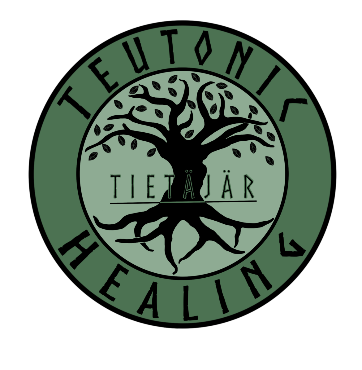Reading Corner
Welcome to our “Reading Corner” where we have a multitude of wonderful materials for you to choose from that promote critical thinking, self-insight, and push humanity for a higher order state of being.
If there is something that you believe would be a great addition, please get in touch with us.
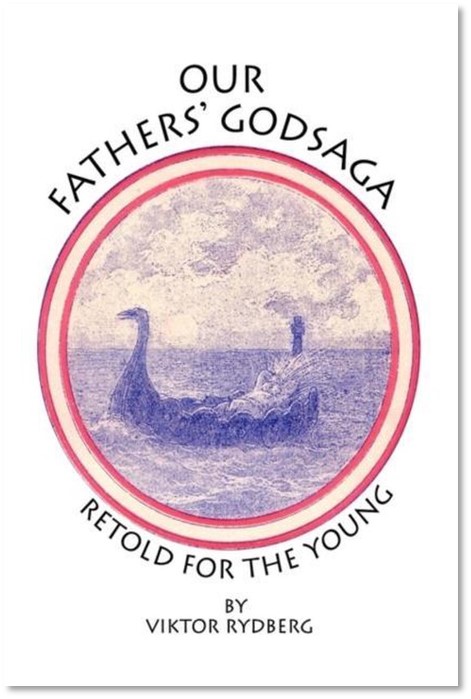
“Our Fathers’ Godsaga” by Viktor Rydberg is a captivating exploration of Norse theology, delving into the intricate cosmology and rich narratives of the gods. Rydberg masterfully blends myth with historical context, offering readers a detailed account of the origins and interconnected realms of the Norse deities. His vivid storytelling brings to life the majestic Yggdrasil, the world tree, and its nine realms, from Asgard, the abode of the gods, to Midgard, the world of humans.
Rydberg’s scholarship shines as he unravels complex myths, such as the creation story and the epic battles between gods and giants. He provides a comprehensive view of the Norse universe, emphasizing the relationships and hierarchies among the gods, their interactions with humans, and the prophecies of Ragnarok. This book is an essential read for anyone fascinated by Norse theology, offering a thorough understanding of the beliefs and stories that shaped early Scandinavian culture.
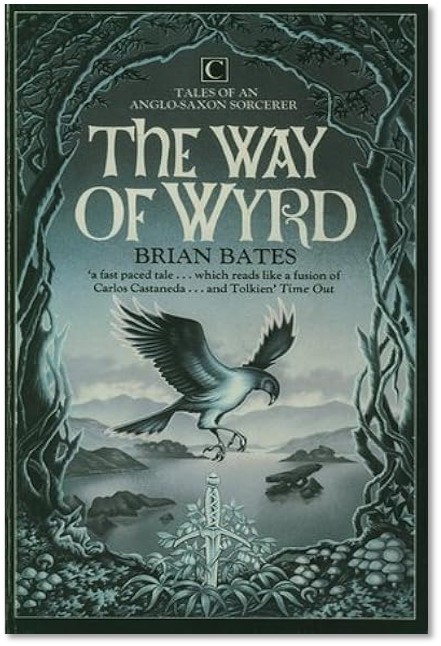
“The Way of Wyrd” by Brian Bates is an intriguing journey into the mystical world of Anglo-Saxon shamanism, blending historical fiction with spiritual exploration. The story follows a young Christian scribe, Wat Brand, who is sent to learn the ways of the pagan sorcerer, Wulf, and discovers a rich tapestry of ancient beliefs and magical practices. Bates vividly portrays the concept of Wyrd, the interconnected web of fate and destiny, which governs the universe in this pre-Christian worldview.
Key points of the novel include the transformative journey of the protagonist as he grapples with the clash between his Christian upbringing and the shamanic traditions he encounters. Bates effectively illustrates the shamanic rituals, the deep connection to nature, and the profound wisdom of the pagan worldview. The book is a compelling exploration of spiritual awakening and cultural exchange, offering readers a deep appreciation for the ancient wisdom and mystical practices of the Anglo-Saxons.
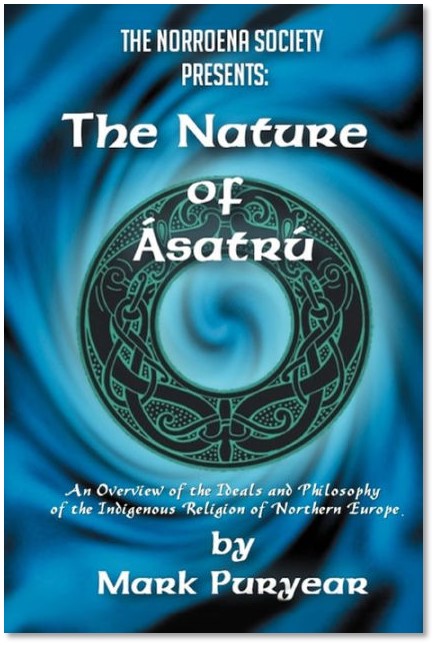
“The Nature of Asatru” by Mark Puryear is an insightful and comprehensive guide to the modern revival of Asatru, the ancient Norse pagan tradition. Puryear delves deeply into the beliefs, rituals, and values that form the foundation of Asatru, emphasizing a profound connection to nature, a strong sense of honor, and the wisdom passed down from the Norse gods and ancestors.
Key points include Puryear’s detailed explanation of the Nine Noble Virtues, such as courage, truth, and perseverance, which serve as ethical guidelines for practitioners. He also discusses the significance of seasonal festivals like Yule and Midsummer, providing examples of how these celebrations honor the cycles of nature and the deities associated with them. Additionally, Puryear explores the role of community in Asatru, highlighting the importance of kinship and mutual support through rituals such as the Blót, a sacrificial offering to the gods and spirits, and the Sumbel, a communal toasting ritual.
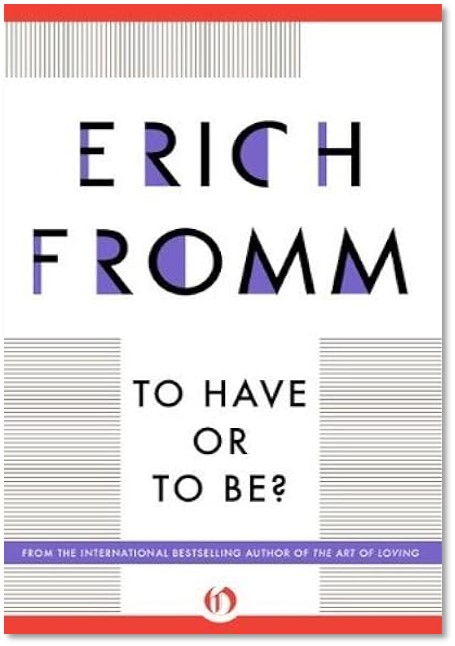
“To Have or to Be?” by Erich Fromm is a thought-provoking examination of two fundamental modes of existence: having and being. Fromm argues that modern society’s focus on material possession (having) leads to alienation and dissatisfaction, whereas embracing a mode of being—centered on love, shared experiences, and personal growth—fosters fulfillment and well-being.
Key points include Fromm’s insightful analysis of how consumer culture undermines genuine human connection and his persuasive call for a shift towards values that promote a richer, more meaningful life. The book is a profound critique of contemporary values, offering a transformative perspective on achieving true happiness and self-realization.
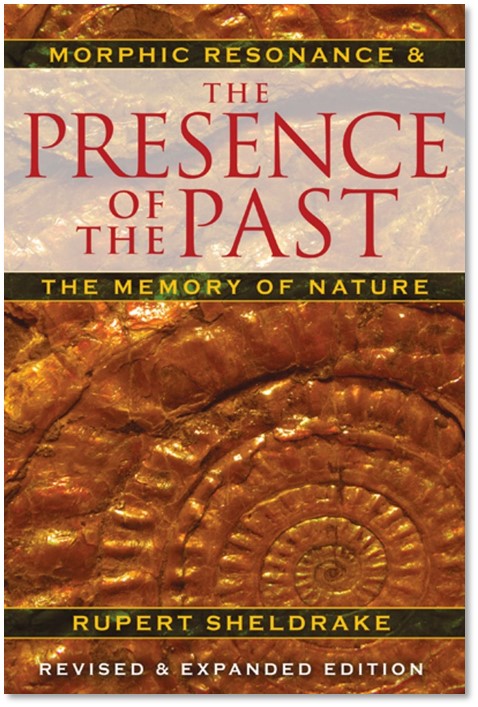
“Presence of the Past” by Rupert Sheldrake is a groundbreaking exploration of the concept of morphic resonance, a theory suggesting that natural systems inherit a collective memory from all previous things of their kind. Sheldrake challenges traditional scientific views by proposing that memory is inherent in nature, influencing everything from the formation of crystals to the behavior of animals.
Sheldrake’s book offers a thought-provoking perspective that bridges science and spirituality, encouraging readers to reconsider the nature of memory and its role in shaping the world. “Presence of the Past” is an essential read for those interested in innovative scientific theories and the deeper connections within the natural world.
